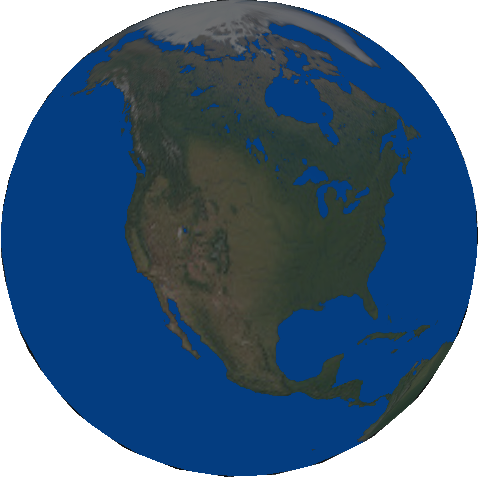03/31/1821 AD founded
James McGill, born in Glasgow, Scotland on 6 October 1744, was a successful merchant in Quebec, having matriculated into the University of Glasgow in 1756. Soon afterwards, McGill left for North America to explore the business opportunities there. Between 1811 and 1813, he drew up a will leaving his "Burnside estate", a 19-hectare (47-acre) tract of rural land and 10,000 pounds to the Royal Institution for the Advancement of Learning.
On McGill's death in December 1813, the Royal Institution for the Advancement of Learning, established in 1801 by an Act of the Legislative Assembly of Lower Canada, added the establishing of a University pursuant to the conditions of McGill's will to its original function of administering elementary education in Lower Canada.
As a condition of the bequest, the land and funds had to be used for the establishment of a "University or College, for the purposes of Education and the Advancement of Learning in the said Province."[54] The will specified a private, constituent college bearing his name would have to be established within 10 years of his death; otherwise the bequest would revert to the heirs of his wife.
On March 31, 1821, after protracted legal battles with the Desrivières family (the heirs of his wife), McGill College received a royal charter from King George IV. The Charter provided the College should be deemed and taken as a University, with the power of conferring degrees. The third Lord Bishop of Quebec, The Right Reverend Dr. George Mountain, (DCL, Oxford) was appointed the first principal of McGill College and a professor of divinity. He is also responsible for the creation of Bishop's University in 1843 and Bishop's College School in 1836 in the Eastern Townships
Subjects Who or What founded?
-
McGill University Public research universi...
Timelines (that include this event)
Events in 1821 MORE












